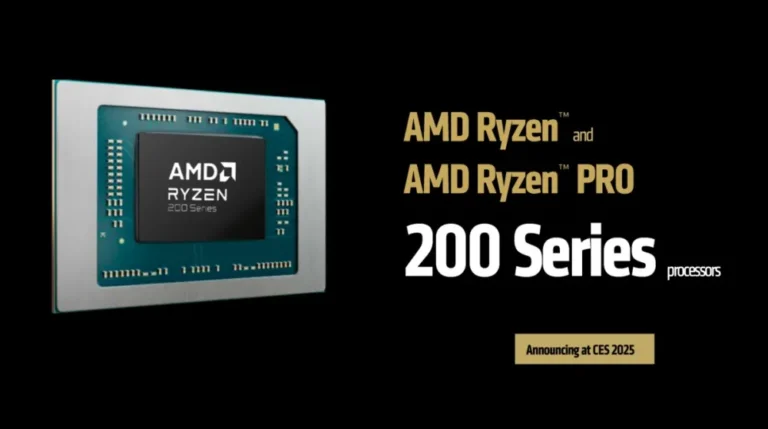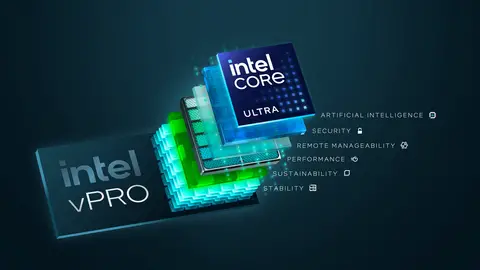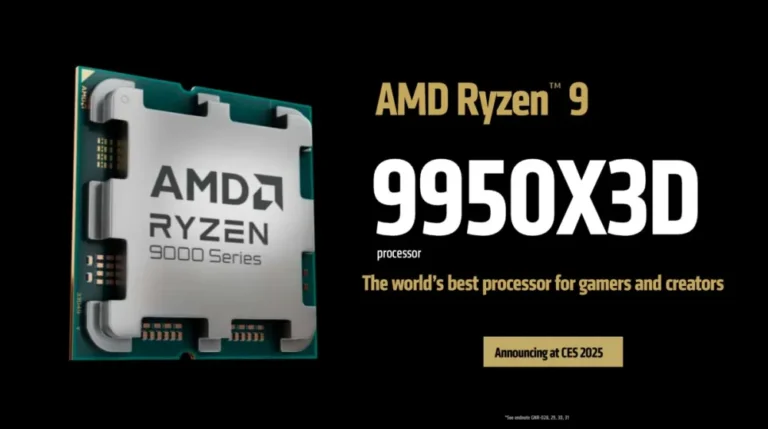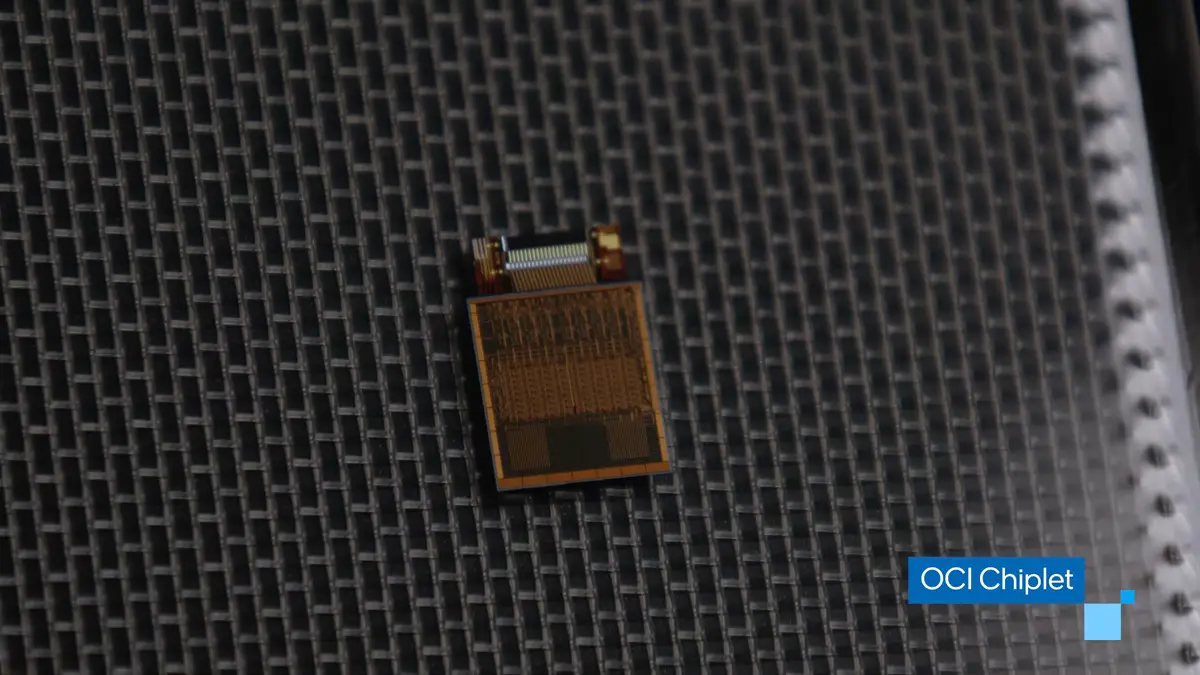
According to Intel’s announced plans, the next-generation Arrow Lake processors are set to debut in 2024, with both P-Cores and E-Cores upgraded to the new Lion Cove and Skymont architectures, respectively. Arrow Lake will span multiple sub-platforms, with the “S” series targeting desktops, featuring a new LGA 1851 socket to replace the existing LGA 1700 socket. Additionally, the “HX” series, intended for high-performance gaming laptops, will use the same chip as the “S” series but will employ BGA packaging.
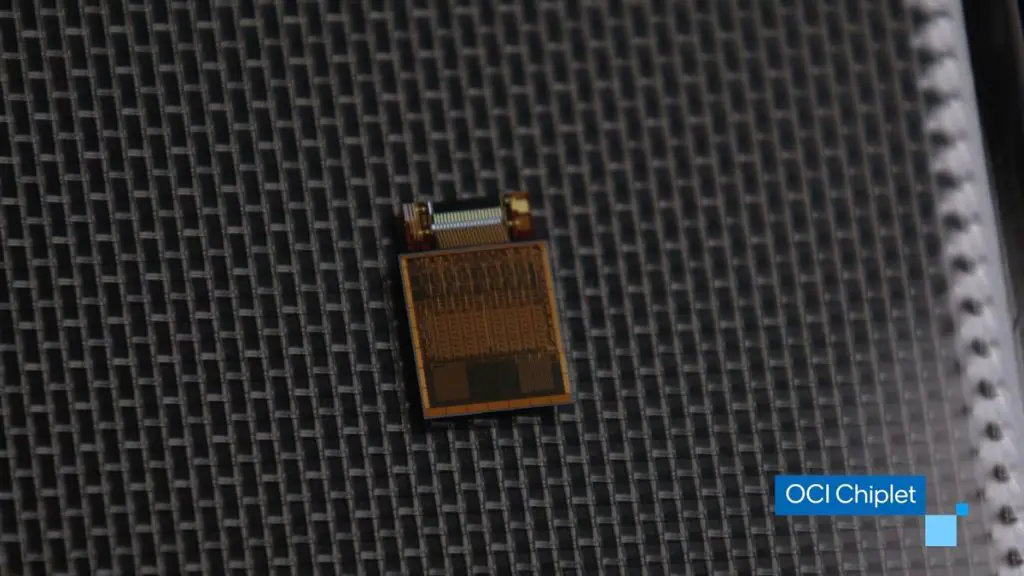
Recently, a netizen revealed further details about Arrow Lake, stating that there will be no Core i3 replacement in the Arrow Lake-S lineup. Instead, a Core Ultra 3 might appear, which would not belong to the Arrow Lake family and would be based on an existing architecture, most likely the Raptor Lake Refresh. Intel is expected to soon announce the complete Arrow Lake-S lineup details.
Earlier this year, reports indicated that Intel is preparing a new product named Bartlett Lake, intended as a successor to the Raptor Lake Refresh and targeting the budget market with a more affordable price. This strategy mirrors AMD’s approach with their AM4 and AM5 platforms. Rumors suggest that Bartlett Lake-S originates from the Network and Edge Group (NEX) division, aimed at networking and edge applications. If true, it remains unclear whether the new low-end product will derive from the Raptor Lake Refresh or Bartlett Lake.
The Core i3 series has stagnated since Alder Lake, the 12th generation Core, with Intel equipping it with 4 performance cores. Both the 13th and 14th generation Core i3 saw minimal upgrades, with performance gains primarily from a 200MHz frequency increase per generation. Arrow Lake is highly likely to forgo hyper-threading, and if it continues with only 4 performance cores and regresses in frequency, its paper and real-world performance may not be impressive.
Moreover, Arrow Lake-S and Arrow Lake-HX will not feature a dedicated transcoding API or support the H264 SVC hardware codec. Video processing will have HW acceleration dependent on the GPU’s graphics driver, with expected performance surpassing 16 concurrent full-HD decode streams.
